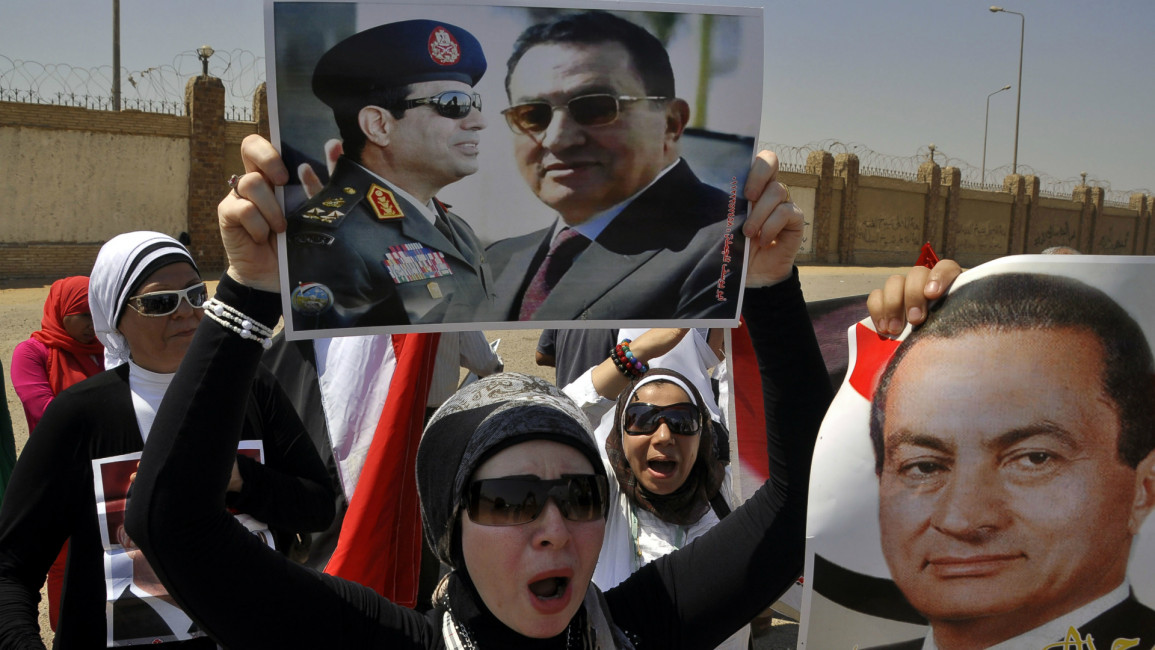
The fat-cat counter-revolution: The return of Egypt's oligarchs
With the approach of parliamentary elections in February and March, the return to power of the last elements of the pre-revolutionary Egyptian regime seems increasingly certain.
Under the former Mubarak regime, Egypt was governed by an oligarchy made up of members of the ruling family, prominent military and security officials, and a group of business men with ties to the Mubaraks.
One of the most important factors that precipitated the revolution was the dominance of this group of oligarchs over the economic life of the nation.
We know from Wikileaks and other sources that the military was not pleased with Hosni Mubarak's plans to pass power on to his son, Gamal, who was at the centre of a circle of business owners who exploited privatisation programmes instituted by the regime to become fabulously wealthy.
Indeed, although much has been made of the economic role of the Egyptian military, it is the business oligarchy that amassed fortunes in the billions of dollars and made up the backbone of the now dissolved National Democratic Party.
Although many of these figures were accused of corruption after the revolution, they are increasingly able to avoid criminal prosecution and are returning to political life. The Egyptian newspaper al-Shuruq reports that the steel magnate Ahmad Ezz is taking a leading role in organising former NDP members to run in the coming elections.
| Bread. Freedom. Social justice. Follow al-Araby's special coverage on Egypt's revolution. |
President Abdel Fattah al-Sisi seems content to allow the return of the oligarchs. Indeed, he may have little choice in the matter. Egypt's economy is a disaster and the government is dependent on loans and grants from the Gulf to pay the salaries of government workers and the subsidies on which the poor depend.
Despite the self-delusion of certain sectors of the intelligentsia, Sisi is in no position to play the role of a Nasserist populist. A better comparison would be with Anwar Sadat, who combined autocracy with neoliberal economic policies. In this sense, the options available to an Egyptian president have not broadened since 1973; indeed, Sisi has fewer choices than his predecessors.
| Sisi is in no position to play the role of a Nasserist populist. |
Under these circumstances, there is little chance for reform of any kind. Having failed to address Mubarak-era corruption, the current regime cannot risk any more capital flight.
Sisi also has no organised mass political base to call upon and no political party to provide a reliable majority once a new parliament is seated. Once again, it seems inevitable that he will be forced to resort to the politics of patronage that characterised NDP rule.
None of this bodes well for the reform of the strapped health and education sectors. Given the present emphasis on the "war on terror", police reform is also off the table. Having cracked down on civil society, Sisi cannot now capitalise on the pressure generated by public debate to force institutional reform.
These developments suggest that Egypt is headed for a period of greater autocracy combined with neoliberal policies. Egypt's economic and social problems pre-date the revolution of 2011, but by choosing the autocratic road to political and economic reform, the regime has deprived the ordinary citizen of his or her voice in the process and is in danger of returning the oligarchs to their position of power.
We saw this movie once, and it did not end well.



